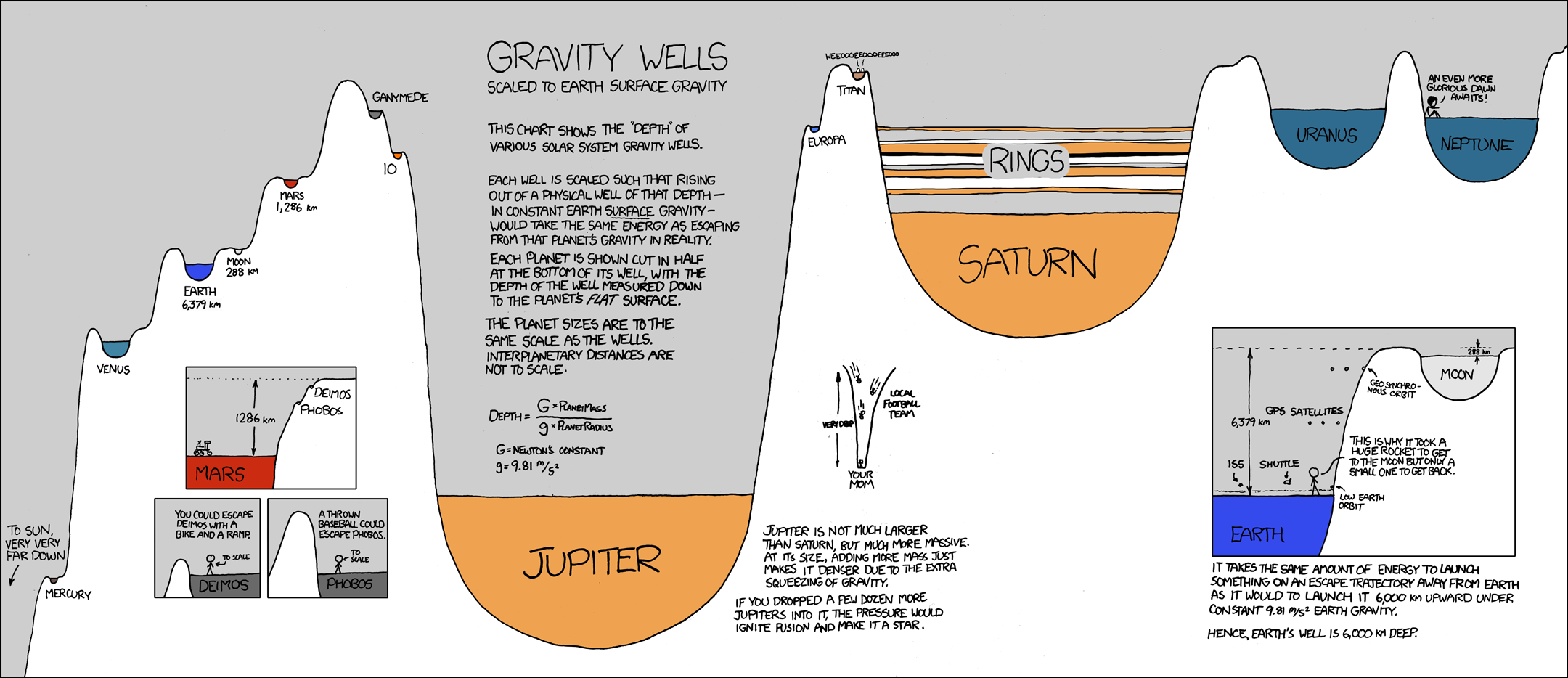Not a single chart, but this site covers a variety of subjects with graphs: https://ourworldindata.org/
The research they did into fertility rates is particularly impressive and should help you dispel of the notion that culture has much to do with it: https://ourworldindata.org/fertility-rate
The research they did into fertility rates is particularly impressive and should help you dispel of the notion that culture has much to do with it: https://ourworldindata.org/fertility-rate

 ), so it may just be a map region division issue. Athens, Peireus (both in Attica) & Thessalonike combined have something like 7/10 of the country's population. A more informative map would be about population percentage with a degree, not regions.
), so it may just be a map region division issue. Athens, Peireus (both in Attica) & Thessalonike combined have something like 7/10 of the country's population. A more informative map would be about population percentage with a degree, not regions.





